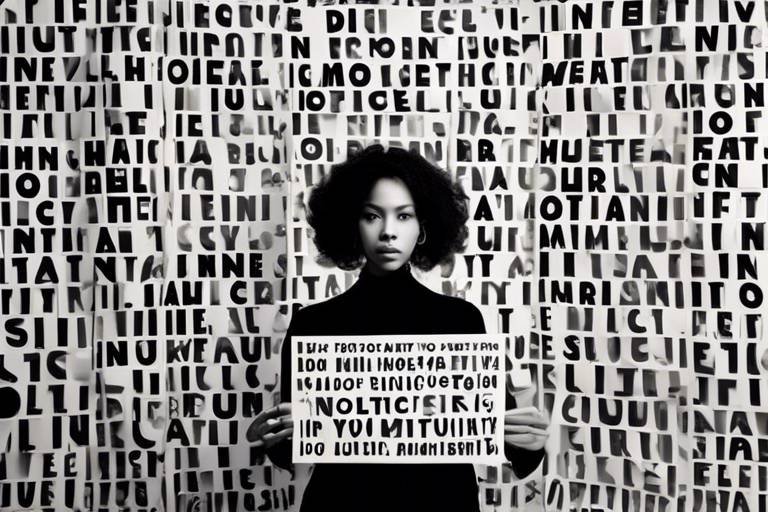The Influence of Ancient Roman Culture on Modern Politics
Ancient Roman culture has had a profound impact on shaping modern politics in various ways. From the foundational principles of republicanism to the enduring influence of Roman architecture, the legacy of Rome continues to resonate in contemporary political systems worldwide.
One of the key contributions of ancient Rome to modern politics is the concept of republicanism. The idea that power should be held by the people and their elected representatives is a fundamental principle in many democratic societies today. The Roman Republic served as a model for governance that emphasized civic duty and shared responsibility among citizens.
Furthermore, Roman legal traditions have left a lasting imprint on legal systems globally. The emphasis on justice, equality, and the rule of law in Roman law has influenced modern legal frameworks. Concepts such as due process, property rights, and contracts trace their origins back to Roman legal principles, highlighting the enduring relevance of Roman jurisprudence.
The military strategies and organizational structure of the Roman army have also influenced modern military practices. The legacy of Roman imperialism continues to shape global power dynamics and foreign policy decisions. The military prowess of ancient Rome set a precedent for conquest and expansion that reverberates in contemporary geopolitics.
In terms of architecture and urban planning, Roman innovations like aqueducts, roads, and public buildings have inspired urban development in modern cities. The aesthetic and functional aspects of Roman architecture can be seen in the design of public spaces and infrastructure projects today, reflecting the enduring influence of Roman engineering and design principles.
Additionally, the social hierarchies and class structures of ancient Rome have parallels in modern societies. Understanding the historical divisions of class and status in Roman society sheds light on contemporary issues of inequality and social stratification. The legacy of Roman social structures continues to shape discussions on social justice and equity.
The relationship between religion and the state in ancient Rome has also impacted modern governance models. The intertwining of religious practices with political authority in ancient Rome has influenced the secularism and separation of church and state in contemporary political systems. The debate over the role of religion in public life echoes Roman discussions on the intersection of faith and governance.
Moreover, the concept of Roman citizenship, with its rights and responsibilities, has shaped ideas of national identity and belonging in modern nation-states. Debates over citizenship rights and inclusion reflect the historical legacy of Roman discussions on who belongs to the body politic and who is excluded. The notion of citizenship as a defining aspect of identity has roots in Roman political thought.
Finally, the Roman emphasis on civic virtue, duty, and public service has informed notions of political leadership and civic engagement in modern democracies. The legacy of Roman ideals of service to the state endures in political discourse and practice, emphasizing the importance of civic responsibility and active participation in the political process.
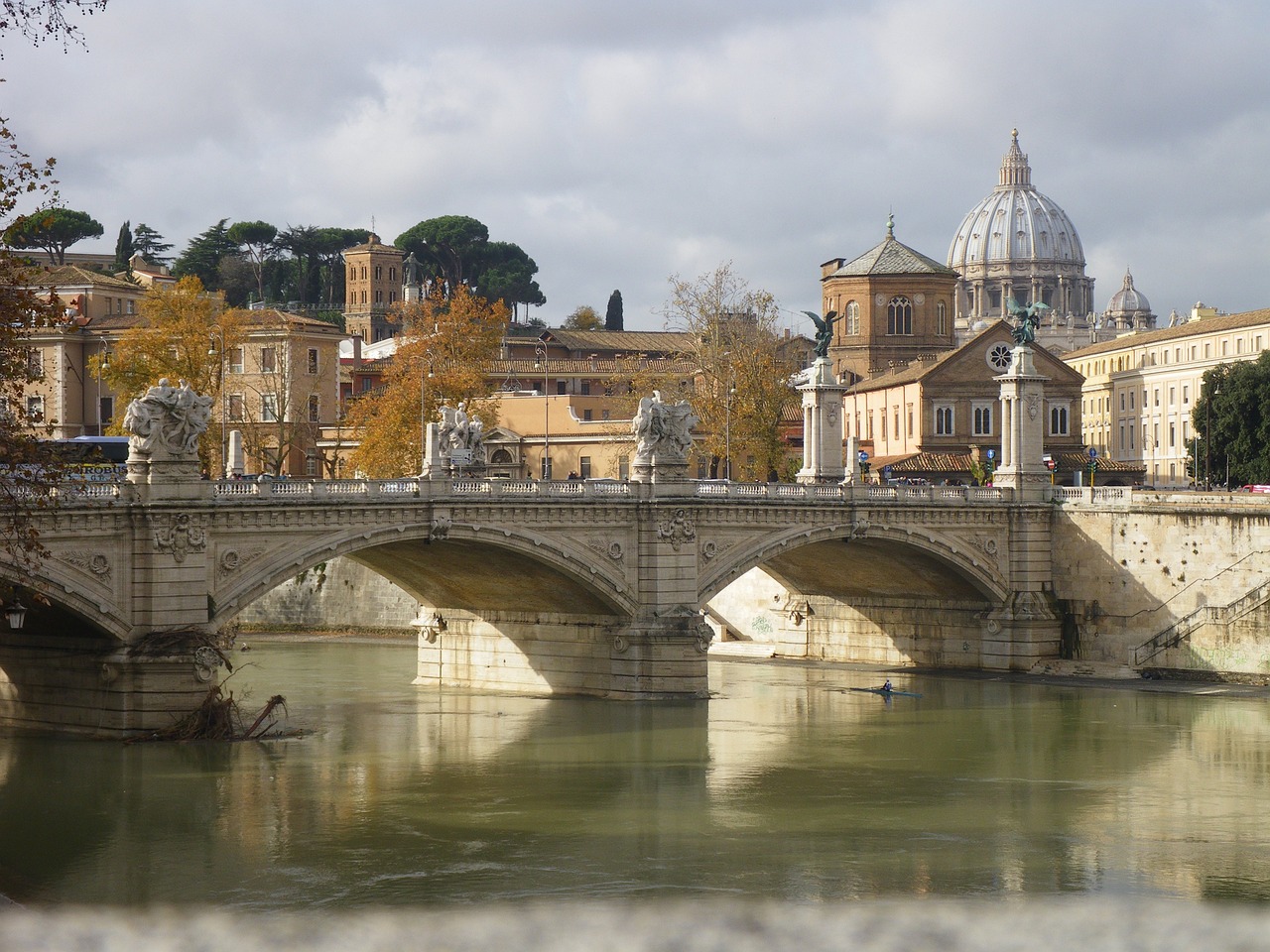
Republican Principles
Ancient Roman culture has left a lasting impact on modern politics. This article explores how Roman concepts such as republicanism, citizenship, and governance continue to shape political systems and practices around the world today.
The idea of a republic, where power is held by the people and their elected representatives, originated in ancient Rome. This principle of governance is foundational to many modern democratic societies. The Romans believed in the importance of civic duty and the participation of citizens in decision-making processes. This concept laid the groundwork for the democratic systems we see in place today, where individuals have a voice in shaping their government through elections and representation.
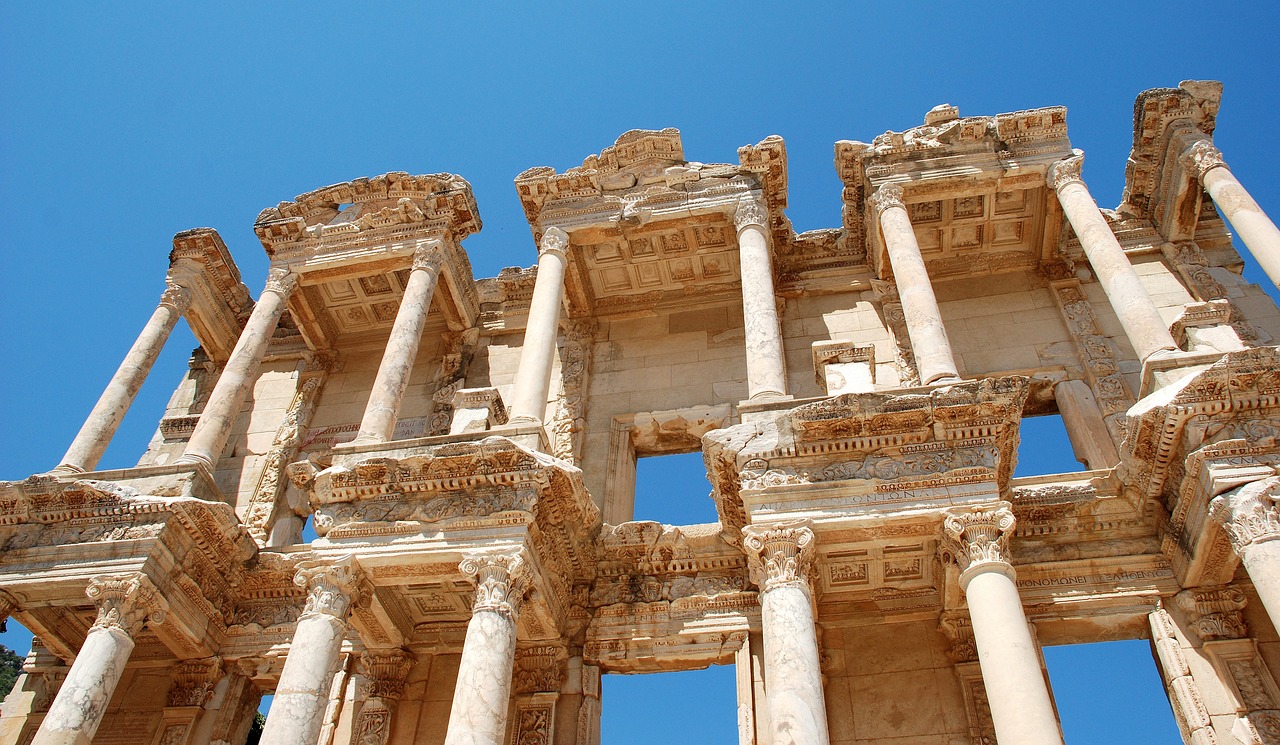
Legal System and Rule of Law
Ancient Roman culture has left a lasting impact on modern politics. This article explores how Roman concepts such as republicanism, citizenship, and governance continue to shape political systems and practices around the world today.
The legal system and rule of law in ancient Rome laid the foundation for many modern legal frameworks. Roman law emphasized principles of justice, equality, and the rule of law, influencing legal systems globally. Concepts like due process, property rights, and contracts find their roots in Roman legal traditions.
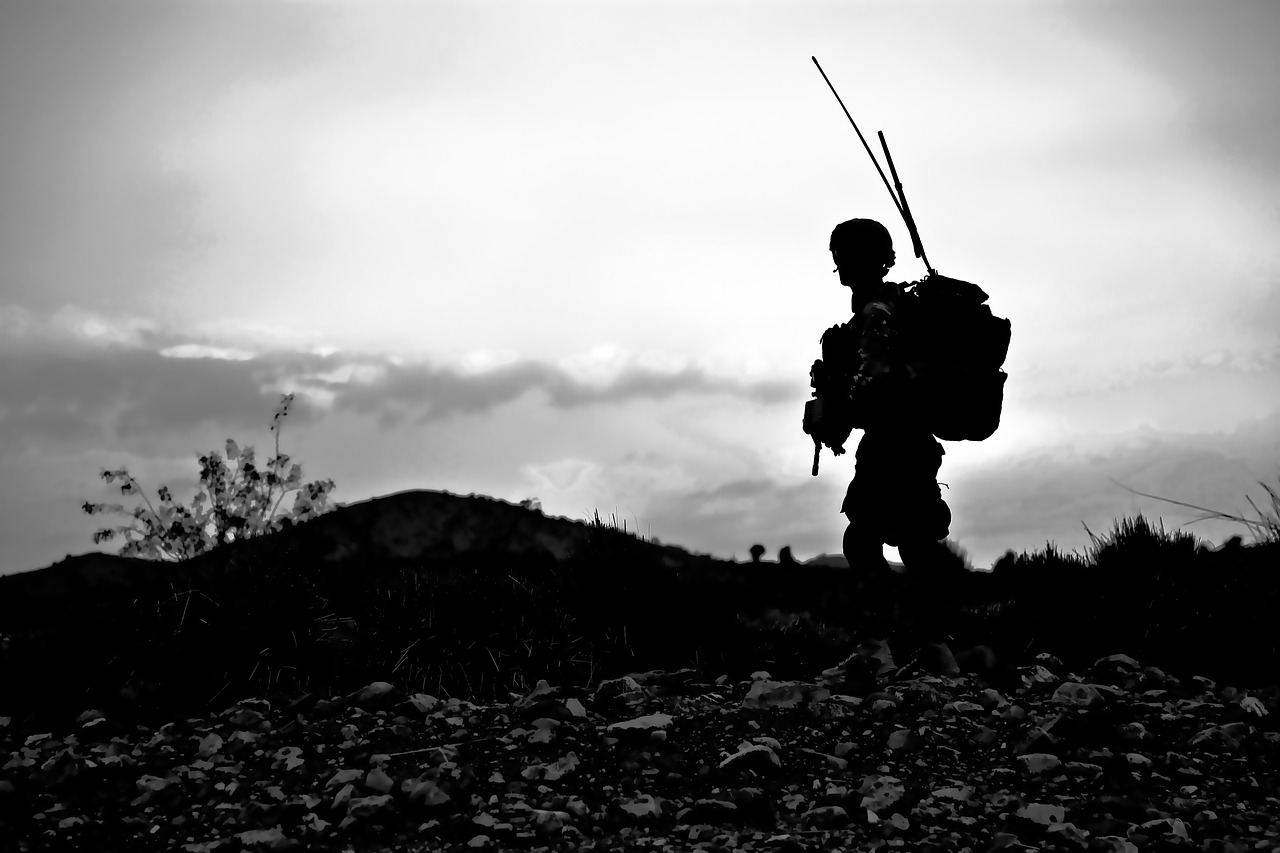
Military and Imperialism
The influence of ancient Roman military strategies and imperialism on modern politics is undeniable. The Roman military was renowned for its discipline, organization, and innovation in warfare. Their tactics, such as the formation of legions and engineering of roads and fortifications, have set the standard for military practices throughout history.
Furthermore, Roman imperialism, characterized by the expansion of territories through conquest and assimilation, has shaped the geopolitical landscape of the world. The concept of empire-building and the quest for dominance have left a lasting impact on global power dynamics and foreign relations.
Just as Rome sought to extend its influence and control over vast regions, modern nations continue to engage in military interventions and strategic alliances to assert their authority on the world stage. The legacy of Roman imperialism serves as a cautionary tale of both the allure and consequences of imperial ambitions.

Architecture and Urban Planning
When we look at modern cities with their intricate road networks, grand public buildings, and efficient infrastructure, we can't help but be reminded of the architectural marvels of ancient Rome. The Romans were not only skilled engineers but also visionary urban planners, leaving a legacy that continues to influence city design to this day.
One of the most iconic features of Roman architecture is the aqueducts, which transported water over long distances to supply cities with this essential resource. These engineering feats showcase the Romans' ingenuity in harnessing technology to improve urban living conditions.
Moreover, Roman roads, known for their durability and straight paths, laid the foundation for modern transportation networks. The concept of connecting cities through well-planned roads was revolutionary at the time and is a practice that persists in urban planning strategies worldwide.
Public buildings in ancient Rome, such as the Colosseum and the Pantheon, not only served functional purposes but also symbolized the power and grandeur of the empire. These architectural wonders continue to inspire awe and admiration, shaping the aesthetics of contemporary cityscapes.
Urban planning in ancient Rome was characterized by organized city layouts, public spaces, and efficient infrastructure. The concept of designing cities with a focus on functionality and beauty has endured through the ages, with modern architects drawing inspiration from Roman principles of urban design.
Overall, the influence of Roman architecture and urban planning on modern cities is undeniable. From the layout of streets to the design of public buildings, the legacy of ancient Rome continues to shape the way we think about and create urban environments.
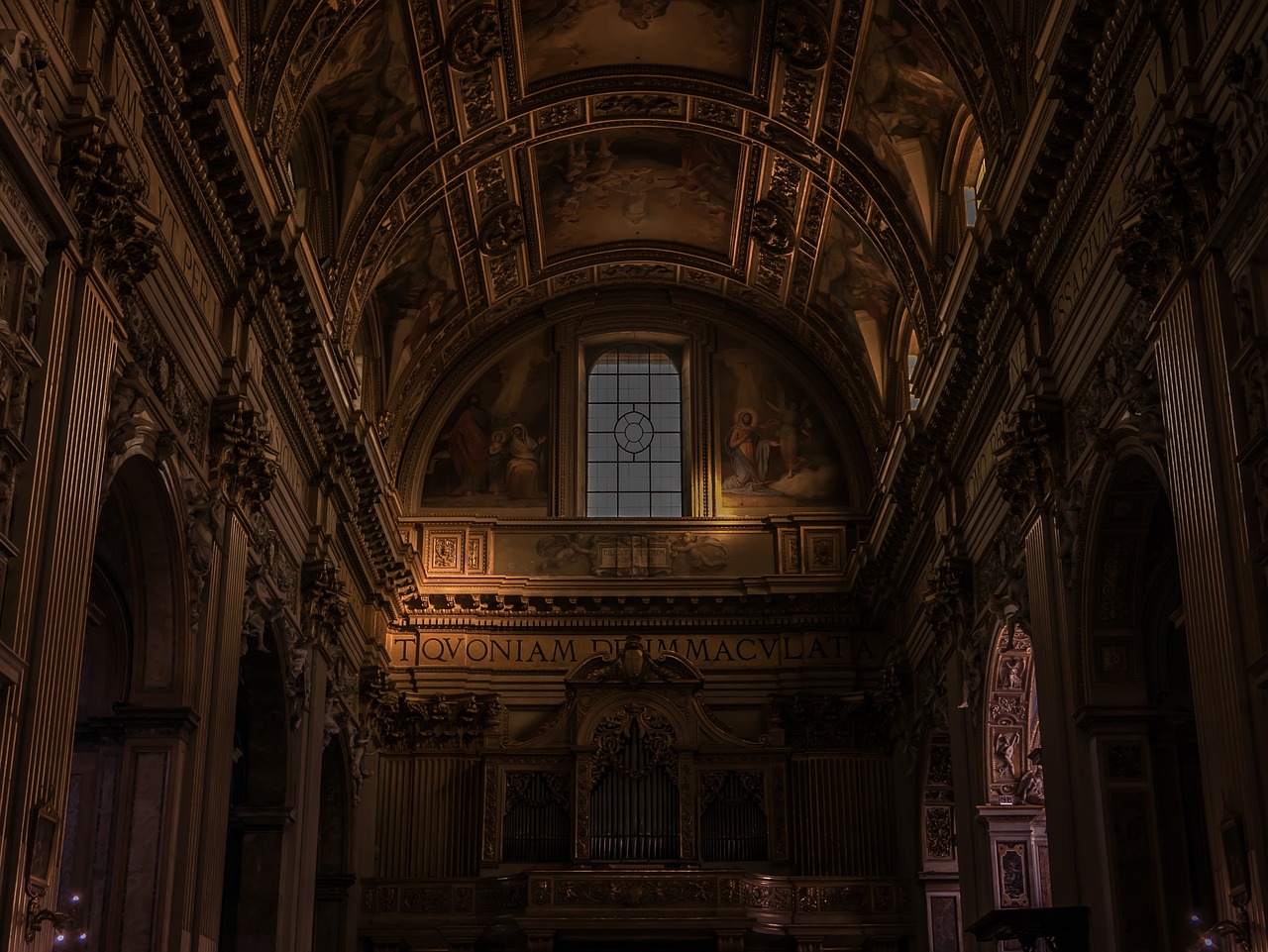
Social Hierarchies and Class Structures
The social hierarchies and class structures of ancient Rome played a significant role in shaping modern societal structures. In Roman society, individuals were categorized into different classes based on factors such as wealth, ancestry, and occupation. At the top of the hierarchy were the patricians, the elite class of wealthy landowners and aristocrats who held political power and influence. Beneath them were the plebeians, the common citizens who made up the majority of the population but had limited rights and opportunities.
These class divisions mirrored the stratification seen in many contemporary societies, where wealth and social status continue to impact individuals' access to resources and opportunities. The legacy of Roman class structures can be observed in present-day social inequalities and disparities, highlighting the enduring influence of ancient Roman culture on modern societal dynamics.
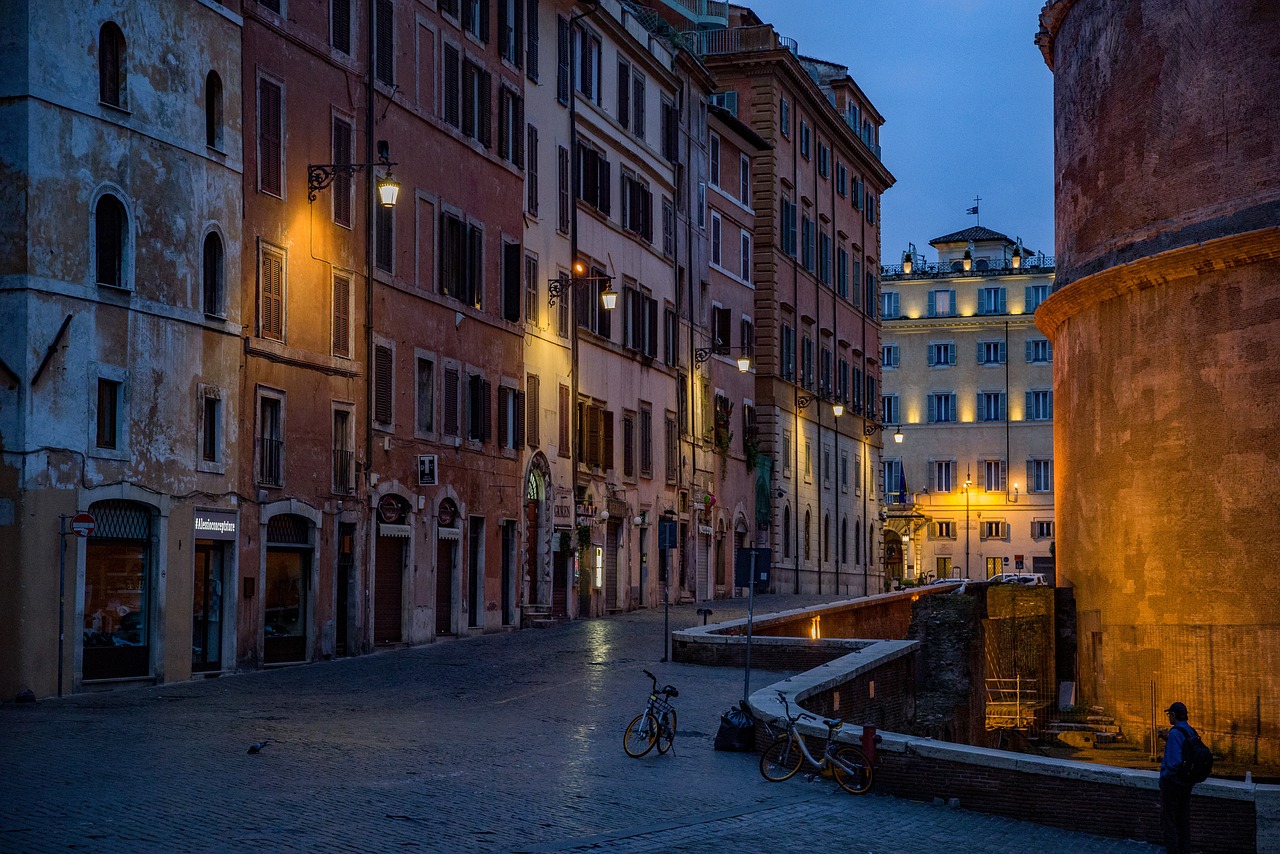
Religion and State
The relationship between religion and the state in ancient Rome was a complex and intertwined one, where religious practices were deeply connected to political authority. The Romans believed that the favor of the gods was crucial for the success and stability of the state, leading to the incorporation of religious rituals and ceremonies into public life. Temples and religious festivals played a significant role in reinforcing the social order and legitimizing political power. The Roman concept of religio, which encompassed both religious and moral obligations, influenced the development of ethical norms and civic values within society.
Moreover, the Roman state often utilized religion as a tool for political control and cohesion. Emperors, in particular, sought to associate themselves with divine authority, portraying themselves as gods or chosen by the gods to rule. This fusion of religious and political authority helped to consolidate power and justify imperial rule. The pontifex maximus, the high priest of Roman religion, held significant influence over both religious matters and state affairs, blurring the lines between the sacred and the secular.
As Rome expanded its territories and encountered diverse cultures and belief systems, the Roman approach to religion evolved. The Romans adopted and assimilated the gods and religious practices of conquered peoples into their own pantheon, fostering a syncretic religious environment. This adaptability and inclusivity allowed the Roman state to accommodate various religious traditions within its borders, promoting social harmony and unity.
The legacy of the Roman model of religion and state has had a lasting impact on modern governance models. In contemporary societies, the principle of secularism has emerged, advocating for the separation of religious institutions from political authority. This separation aims to ensure religious freedom, protect individual rights, and prevent the dominance of any single faith over the state. The Roman experience serves as a historical reference point for understanding the complexities and challenges of balancing religious beliefs with the principles of a secular state.

Citizenship and Identity
When delving into the influence of ancient Roman culture on modern politics, one cannot overlook the profound impact of Roman citizenship and its implications on identity formation. In ancient Rome, citizenship was not merely a legal status but a defining characteristic that shaped individuals' rights, duties, and sense of belonging to the state.
Roman citizenship was a privilege granted to a select few, entitling them to participate in civic life, hold public office, and enjoy legal protections. This concept of citizenship as a marker of inclusion and participation in the political community continues to resonate in contemporary nation-states, where citizenship confers both rights and responsibilities.
Furthermore, the Roman notion of identity tied closely to citizenship influenced the development of national identity in modern societies. Just as Roman citizens identified with the ideals and values of the Roman state, citizens of today align themselves with the shared history, culture, and values of their respective nations.
Debates surrounding citizenship and identity reflect enduring questions about who belongs to a political community, who is entitled to its benefits, and how individuals define themselves in relation to the state. The legacy of Roman citizenship serves as a backdrop for contemporary discussions on immigration, multiculturalism, and the rights of non-citizens within a society.
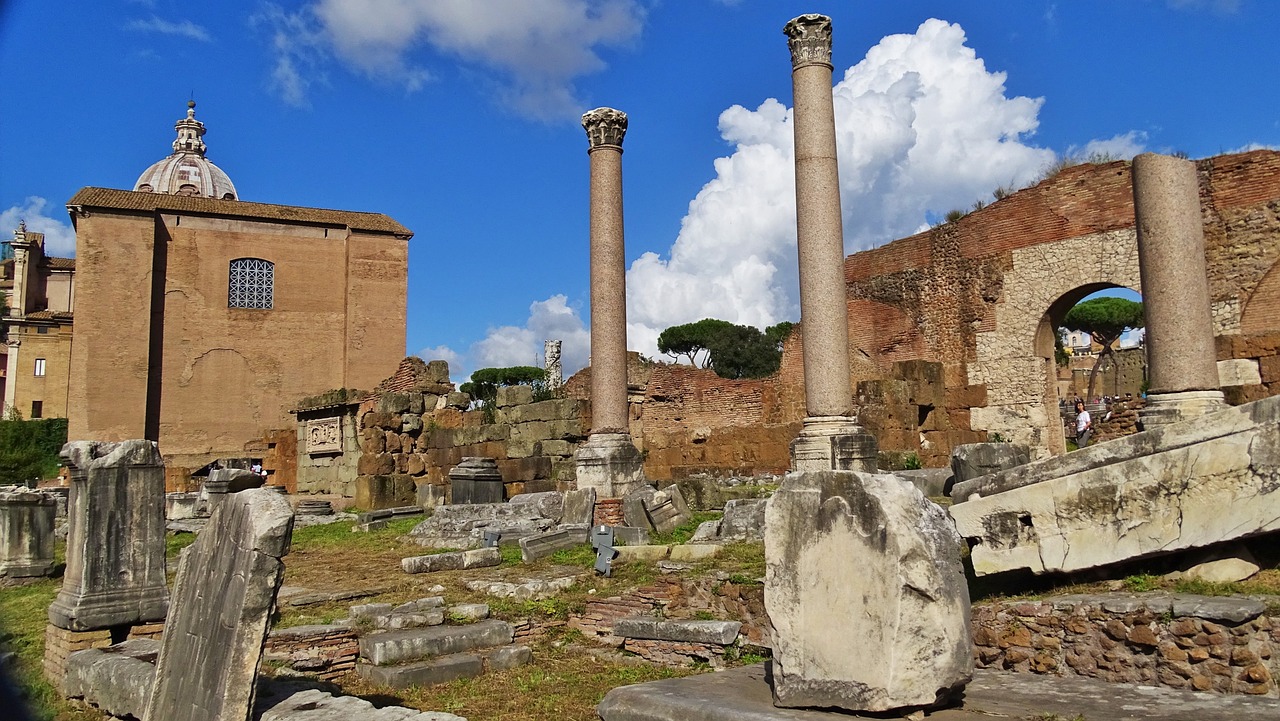
Civic Virtue and Public Service
The concept of civic virtue and public service in ancient Rome was deeply ingrained in the societal fabric, shaping the expectations and responsibilities of citizens towards the state. Romans believed in the importance of individuals contributing to the common good through their actions and involvement in public affairs. This emphasis on civic duty and service to the state laid the foundation for modern ideas of political leadership and community engagement.
Leaders in Roman society were expected to embody virtues such as honesty, integrity, and selflessness in their service to the people. The notion of sacrificing personal interests for the benefit of the community was a central tenet of Roman governance, influencing the development of democratic ideals and ethical standards in contemporary politics.
Moreover, the Roman concept of public service extended beyond political officeholders to encompass all members of society. Citizens were encouraged to participate in civic activities, volunteer for military service, and contribute to the welfare of their fellow Romans. This collective commitment to the common good fostered a sense of unity and shared purpose among the populace.
The legacy of Roman civic virtue can be seen in modern democracies, where notions of civic responsibility, ethical leadership, and community service remain integral to the functioning of political institutions. The idea that individuals have a duty to actively engage in the governance of their society echoes the Roman belief in the importance of public service for the well-being of the state.
Frequently Asked Questions
- What impact did Roman culture have on modern politics?
Ancient Roman culture has significantly influenced modern politics through concepts like republicanism, citizenship, governance, and legal systems. These ideas continue to shape political structures and practices worldwide.
- How did Roman military strategies influence modern practices?
The Roman military's organizational tactics and strategic approaches have had a lasting impact on modern military practices. Many contemporary military strategies trace their roots back to Roman influences.
- What role did Roman architecture play in shaping modern urban planning?
Roman architectural achievements, including aqueducts, roads, and public buildings, have inspired modern urban planning and infrastructure development. Elements of Roman architecture are still evident in today's cityscapes.
- What is the significance of Roman citizenship in modern nation-states?
The concept of Roman citizenship, with its associated rights and responsibilities, has influenced contemporary ideas of national identity and belonging. Debates on citizenship rights often reflect ancient Roman discussions on inclusion and exclusion.
- How did Roman social hierarchies impact modern class structures?
The social hierarchies and class divisions in ancient Rome have parallels in modern societies, shedding light on current issues of inequality and social stratification. Understanding these historical structures helps in analyzing present-day social dynamics.






